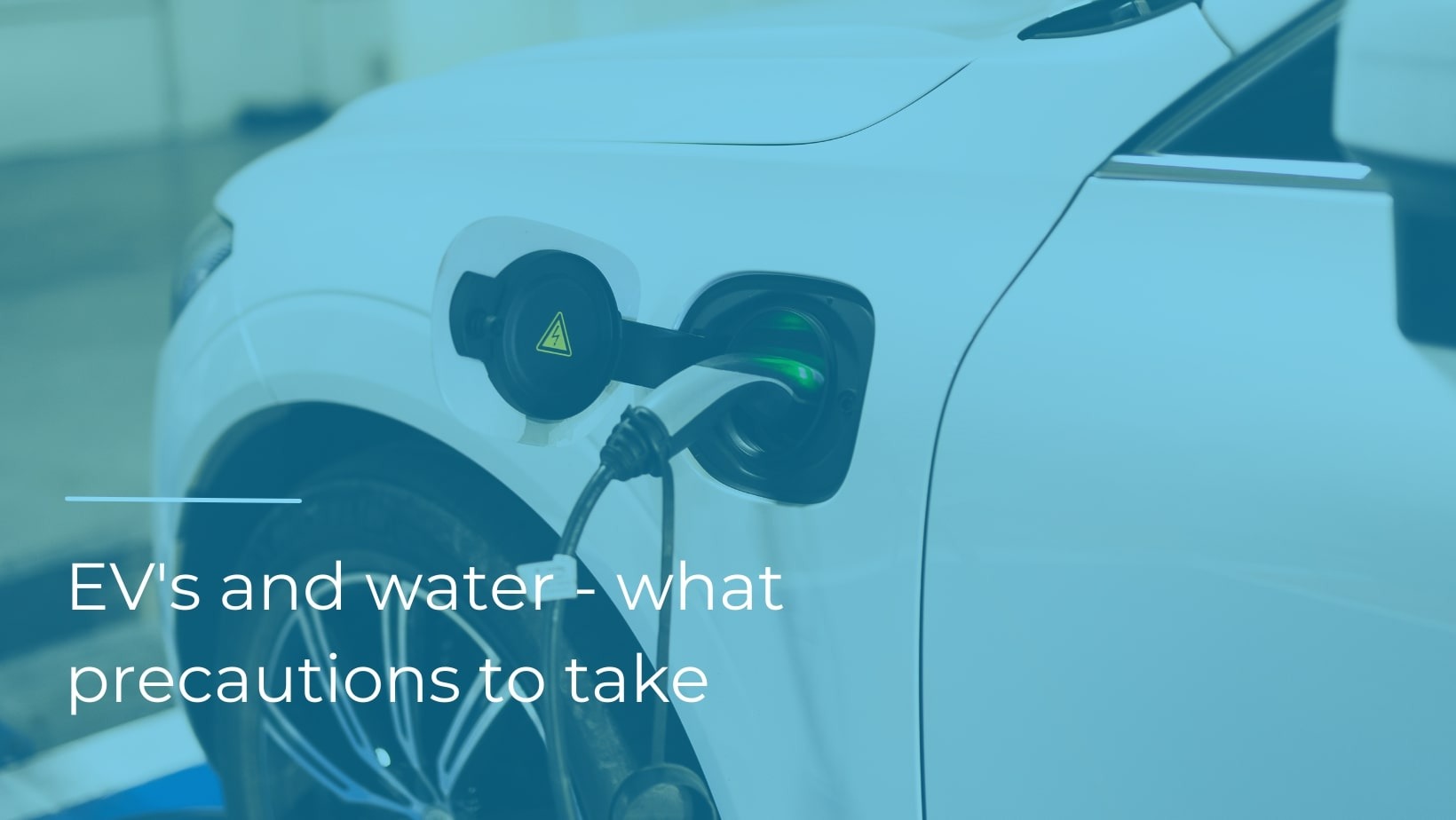Electric Vehicles in Water - What Precautions to Take
Electric vehicles (EVs) are becoming increasingly popular, and with their growth, come many questions about how they operate in different environments. One of the most common concerns is how electric vehicles work in water. Can you drive them in the rain, and can they go through a car wash? This guide will explore how electric vehicles work and answer these important questions.
Table of Contents
- Introduction
- Understanding Electric Vehicles
- How Electric Vehicles Work in Water
- Can You Drive Electric Vehicles in the Rain?
- Can Electric Vehicles Go Through the Car Wash?
- Precautions to Take When Driving an Electric Vehicle in Water
Electric vehicles have been growing in popularity due to their many benefits, including their environmental friendliness and efficiency. However, as with any new technology, there are always questions about how it works in different situations. In this article, we'll explore how electric vehicles work in water and answer some of the most common questions that people have.
Understanding Electric Vehicles
Before we dive into how electric vehicles work in water, it's important to understand how they work in general. Electric vehicles are powered by an electric motor, which is driven by a battery pack. This battery pack is recharged by plugging the vehicle into an electric power source.
Unlike traditional gasoline-powered vehicles, electric vehicles don't have a conventional engine, transmission, or fuel tank. Instead, they use an electric motor to power the wheels directly, resulting in a more efficient and environmentally friendly operation.
The battery pack is the most important component of an electric vehicle, as it provides the energy needed to power the electric motor. The battery pack is typically located under the floor of the vehicle, which helps to lower the vehicle's center of gravity and improve its handling.
When the driver presses the accelerator pedal, the electric motor receives power from the battery pack and uses it to turn the wheels. When the driver releases the pedal, the electric motor stops turning the wheels, and the vehicle slows down.
Regenerative braking is another important feature of electric vehicles. When the driver applies the brakes, the electric motor works in reverse to slow down the vehicle and recharge the battery pack.
How Electric Vehicles Work in Water
Electric vehicles are designed to operate in all weather conditions, including rain and snow. The motor and battery pack are enclosed in a waterproof housing, protecting them from water damage. This means that driving an electric vehicle in the rain is perfectly safe, as long as you take the same precautions you would with any other vehicle.
However, it's important to note that electric vehicles are not designed to operate underwater. Driving an electric vehicle through deep water can cause damage to the motor and electrical systems, potentially leading to expensive repairs.
Can You Drive Electric Vehicles in the Rain?
Yes, you can drive electric vehicles in the rain. In fact, electric vehicles are designed to operate in all weather conditions, including rain and snow. The motor and battery pack are waterproof, so there's no need to worry about water damage.
That being said, it's always important to exercise caution when driving in wet conditions. Wet roads can be slippery, and visibility may be reduced, so it's important to drive carefully and adjust your speed accordingly.
Can Electric Vehicles Go Through the Car Wash?
Electric vehicles can go through the car wash, just like any other vehicle, however, it's important to ensure that the car wash is safe for electric vehicles.
Some car washes use high-pressure water jets, which can damage the motor and electrical systems of an electric vehicle. To be safe, it's best to choose a car wash that is specifically designed for electric vehicles or use a hand wash instead.
Precautions to Take When Driving an Electric Vehicle in Water
While electric vehicles are designed to operate in wet conditions, there are still some precautions you should take when driving in water. Here are a few tips to keep in mind:
- Avoid driving in deep water. Electric vehicles are not designed to operate underwater, so it's best to avoid driving in water that is deeper than a few inches.
- Watch out for flooded roads. Even a small amount of water can cause your vehicle to lose traction, so it's important to be extra careful when driving on flooded roads.
- Slow down in wet conditions.





